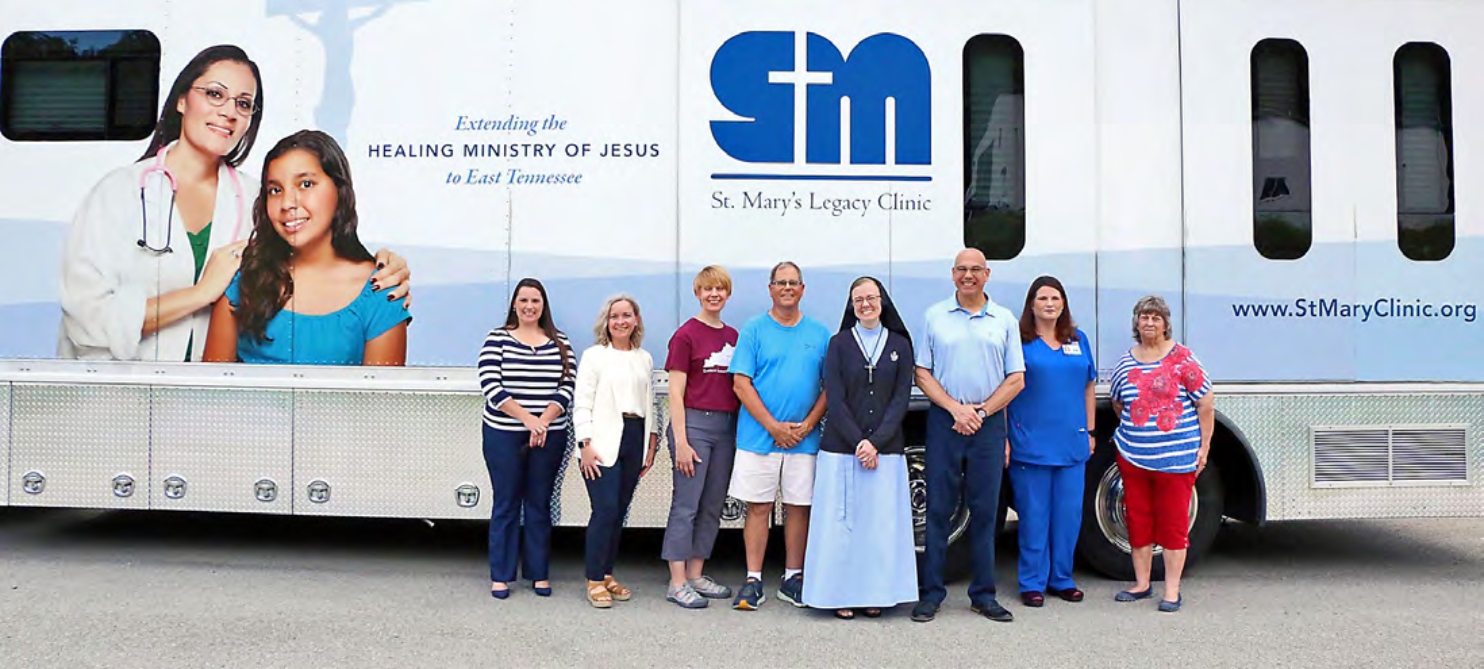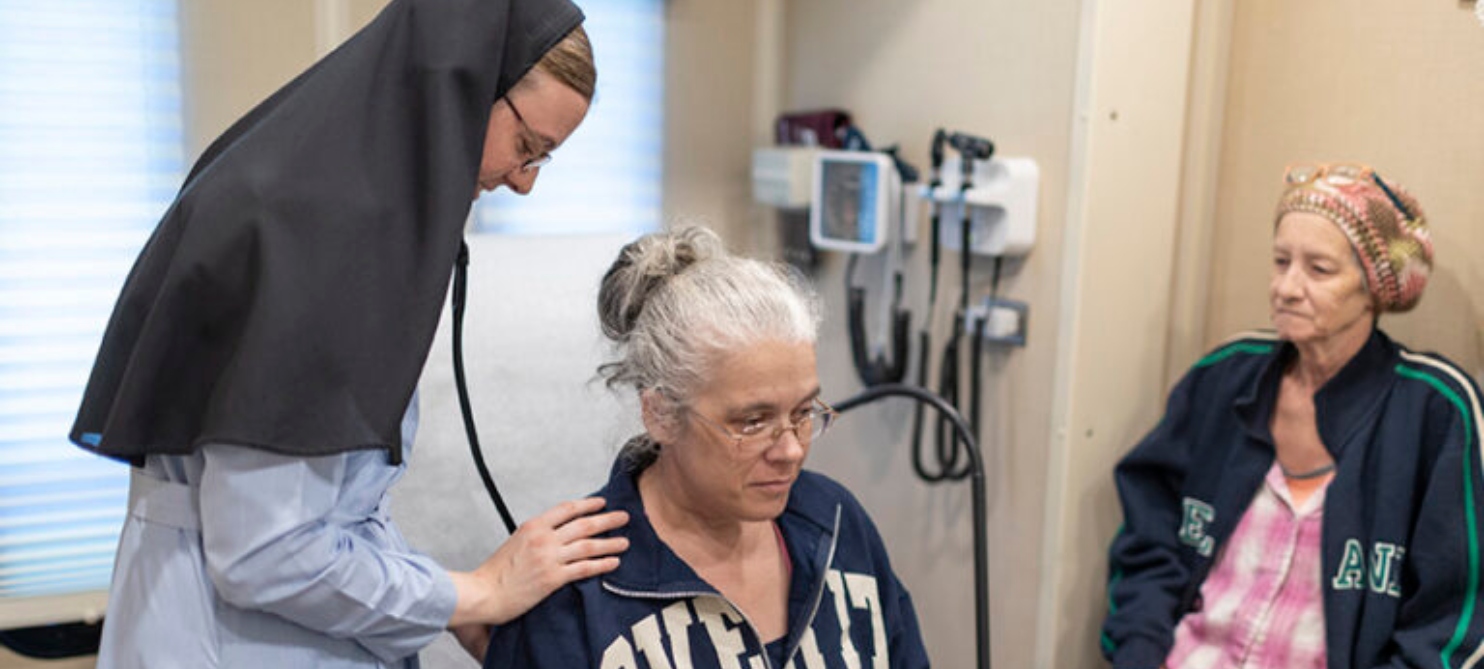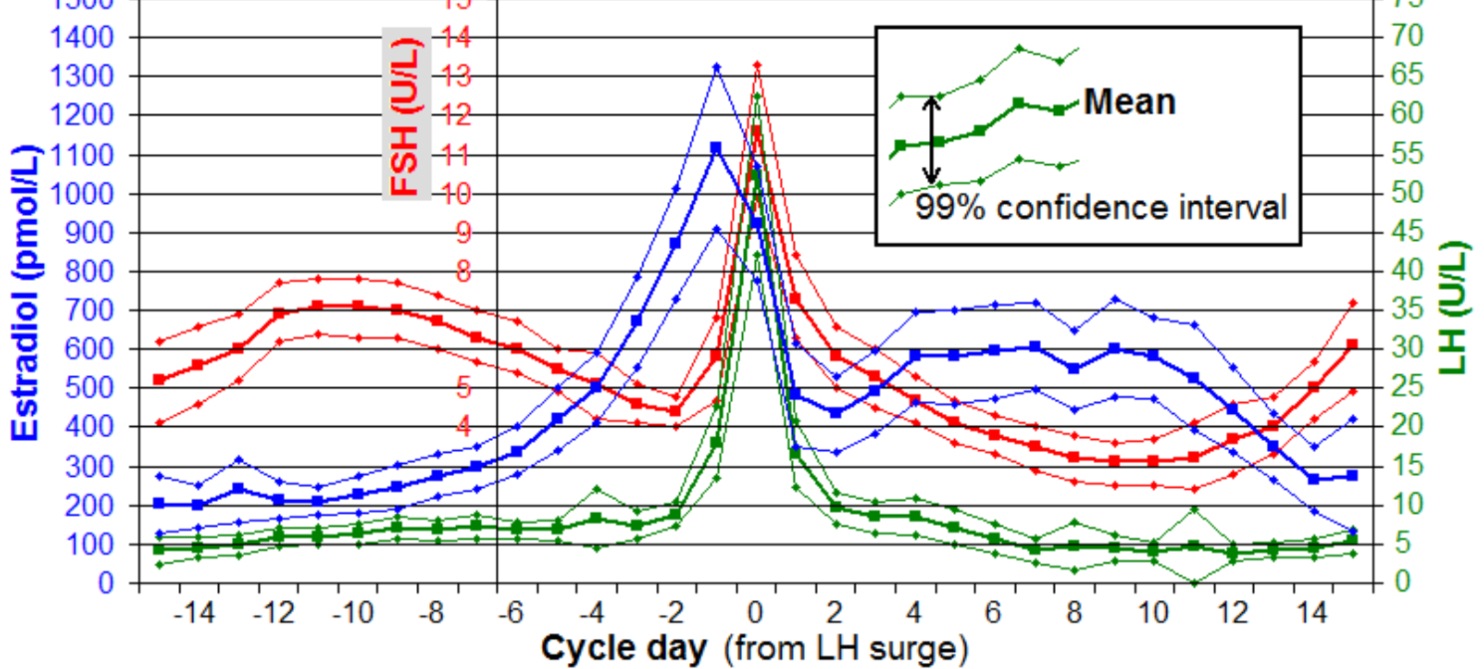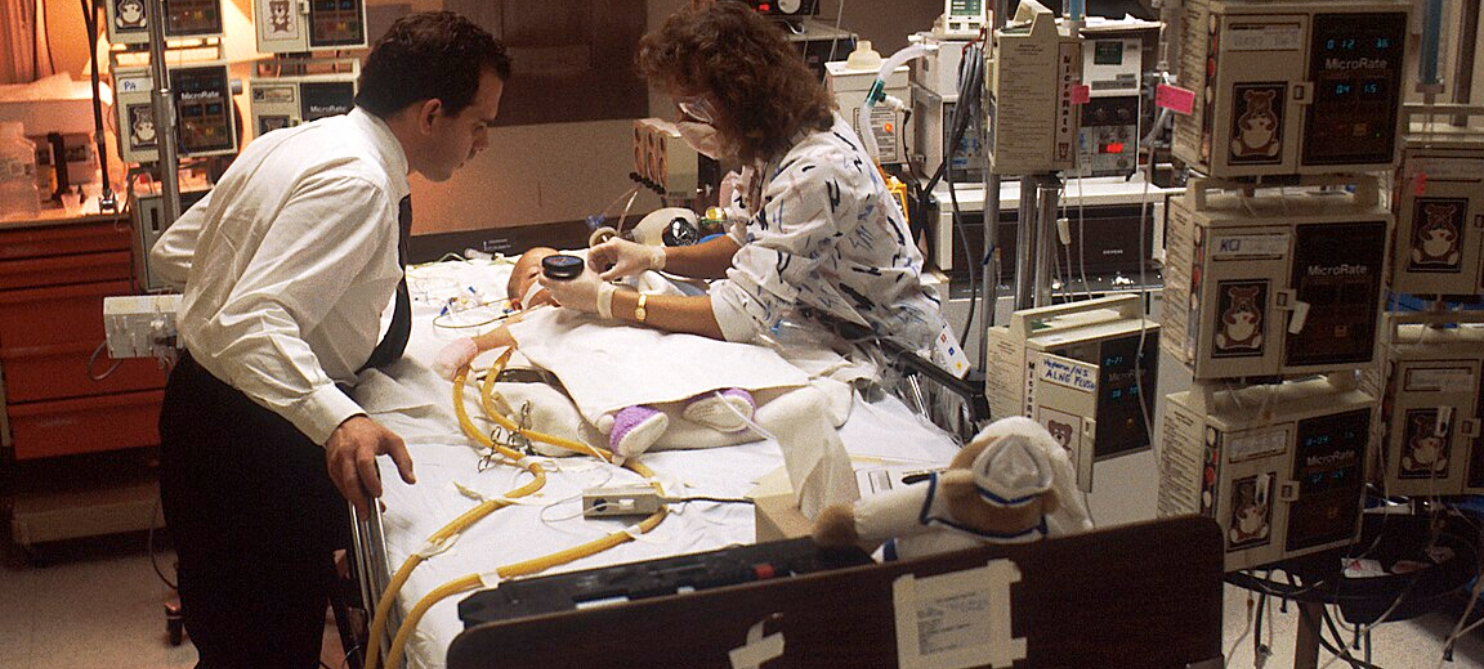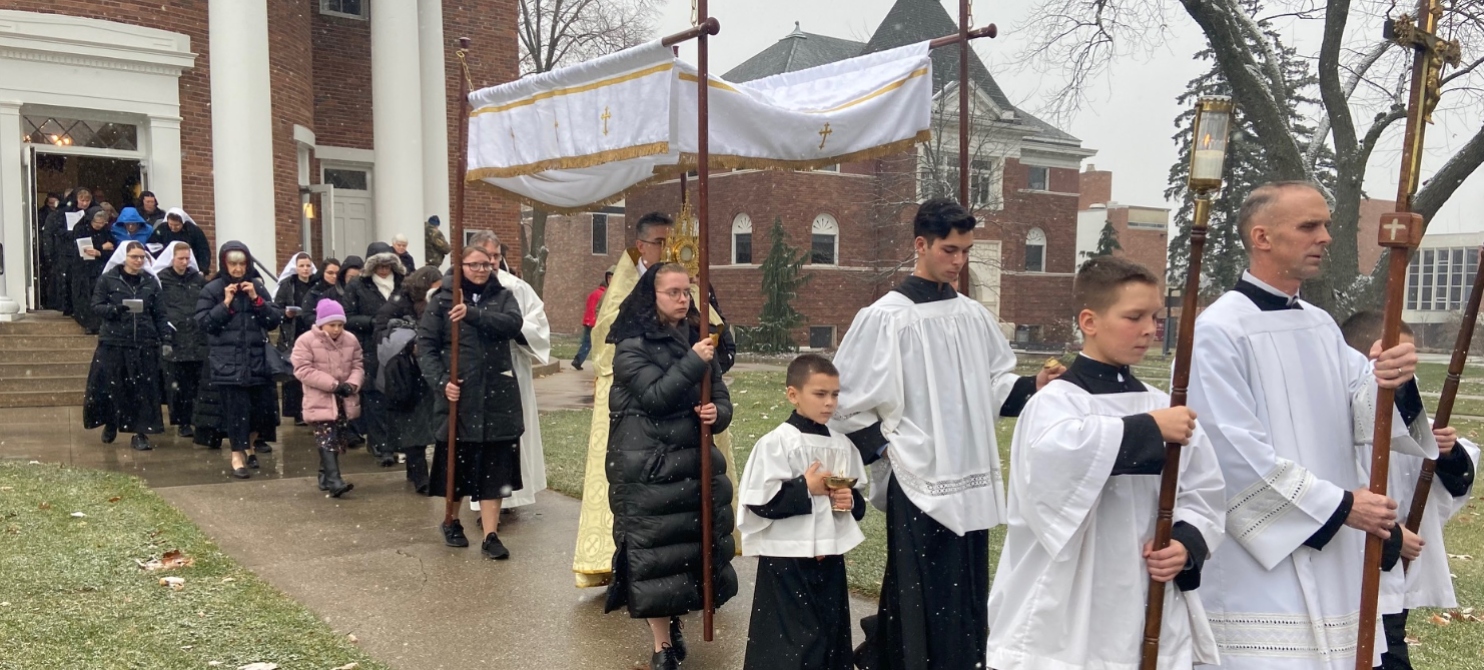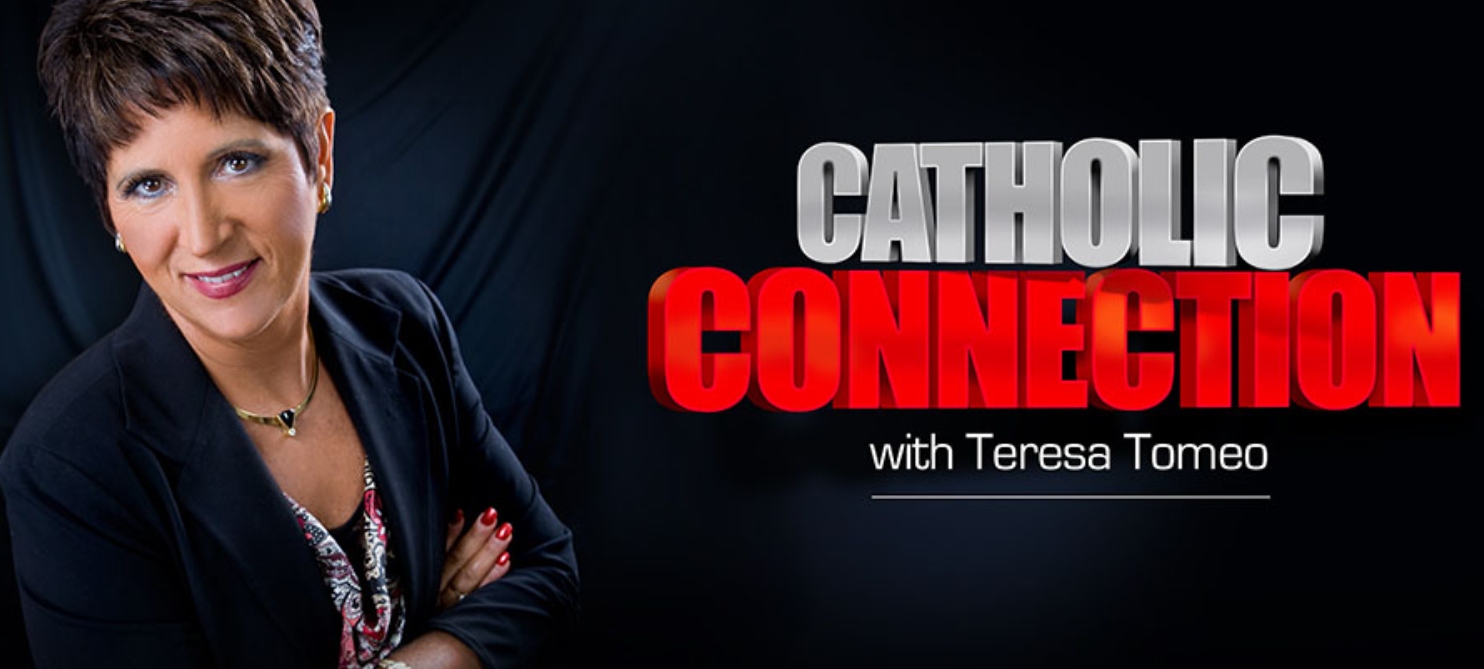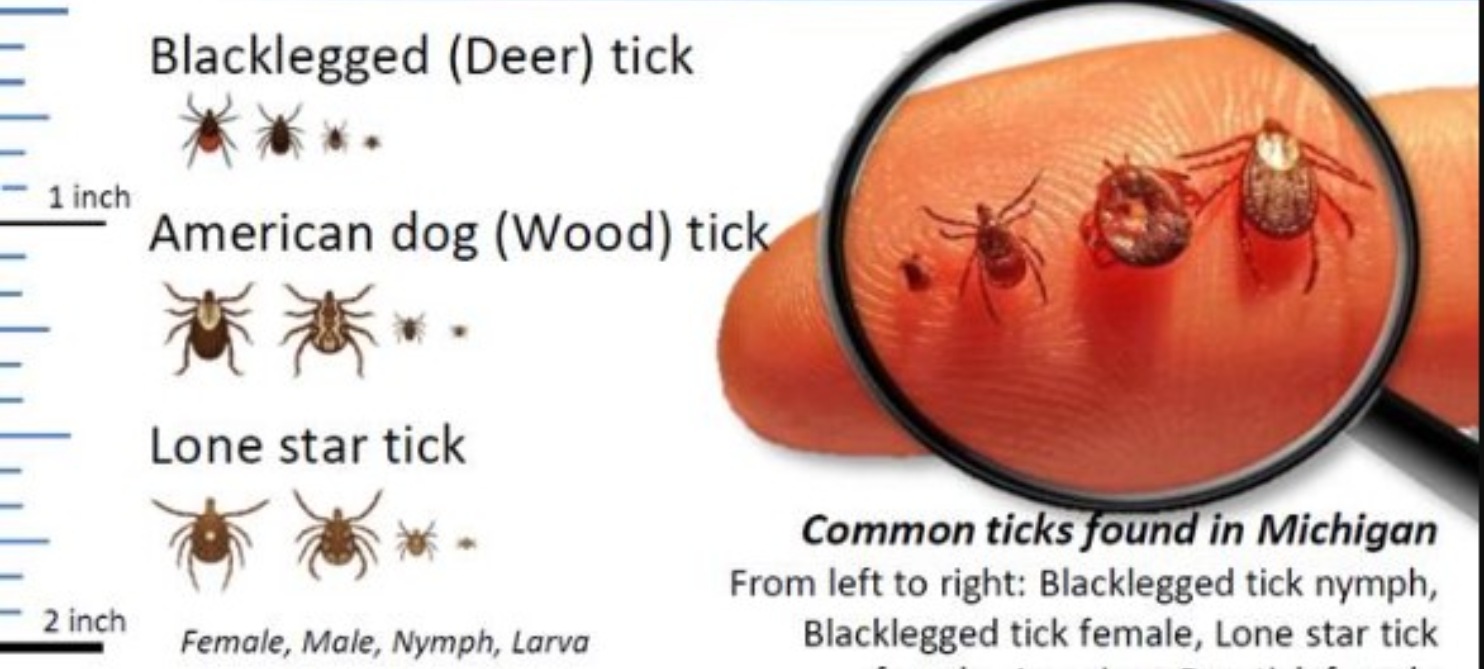As healthcare providers, we are aware that the holidays and times with family can be stressful; this may also be true as we launch into 2021 due to the challenges of the COVID-19 pandemic. What we need to remember is that we will get through this! With the vaccine on the horizon and new breakthroughs in treatments and care for people with COVID-19, we seem to be beginning to turn a corner on the challenges of the virus. Nevertheless, the need to reduce stress and to focus on what is important remain the same.
Looking for some articles that provide good advice on how to deal with stress, particularly during the holidays, I found a couple of excellent articles from the Mayo Clinic. I wanted to highlight some of their suggestions and then give you some resources for further reading if needed. While some of the articles I read suggest keeping busy to help ward off negative thoughts, I would also invite readers to allow themselves to really be moved by the unfolding mystery of Christmas and to remember that Jesus’ whole life, including His birth, is a celebration of love, God’s love, for the world.
I have taken a section from one of the articles that I think is really helpful in terms of helping us to move away from our own fears and towards helping other people. There is also a section on what to do if you begin to feel that things are overwhelming. Remember there is always help available.
Build support and strengthen relationships
- Make connections. If you need to stay at home and distance yourself from others, avoid social isolation. Find time each day to make virtual connections by email, texts, phone, or FaceTime or similar apps. If you’re working remotely from home, ask your co-workers how they’re doing and share coping tips. Enjoy virtual socializing and talking to those in your home.
- Do something for others. Find purpose in helping the people around you. For example, email, text or call to check on your friends, family members and neighbors — especially those who are elderly. If you know someone who can’t get out, ask if there’s something needed, such as groceries or a prescription picked up, for instance. But be sure to follow CDC, WHO and your government recommendations on social distancing and group meetings.
- Support a family member or friend. If a family member or friend needs to be isolated for safety reasons or gets sick and needs to be quarantined at home or in the hospital, come up with ways to stay in contact. This could be through electronic devices or the telephone or by sending a note to brighten the day, for example.
Recognizing what’s typical stress and what’s not
Stress is a normal psychological and physical reaction to the demands of life. Everyone reacts differently to difficult situations, and it’s normal to feel stress and worry during a crisis. But multiple challenges daily, such as the effects of the COVID-19 pandemic, can push you beyond your ability to cope.
Many people may have mental health concerns, such as symptoms of anxiety and depression during this time. And feelings may change over time.
Despite your best efforts, you may find yourself feeling helpless, sad, angry, irritable, hopeless, anxious or afraid. You may have trouble concentrating on typical tasks, changes in appetite, body aches and pains, or difficulty sleeping or you may struggle to face routine chores.
When these signs and symptoms last for several days in a row, make you miserable and cause problems in your daily life so that you find it hard to carry out normal responsibilities, it’s time to ask for help.
Get help when you need it
Hoping mental health problems such as anxiety or depression will go away on their own can lead to worsening symptoms. If you have concerns or if you experience worsening of mental health symptoms, ask for help when you need it, and be upfront about how you’re doing. To get help you may want to:
- Call or use social media to contact a close friend or loved one — even though it may be hard to talk about your feelings.
- Contact a priest, minister, rabbi, spiritual leader or someone in your faith community.
- Contact your employee assistance program, if your employer has one, and get counseling or ask for a referral to a mental health professional.
- Call your primary care provider or mental health professional to ask about appointment options to talk about your anxiety or depression and get advice and guidance. Some may provide the option of phone, video or online appointments.
- Contact organizations such as the National Alliance on Mental Illness (NAMI) or the Substance Abuse and Mental Health Services Administration (SAMHSA) for help and guidance.
If you’re feeling suicidal or thinking of hurting yourself, seek help.
Contact your primary care provider or a mental health professional. Or call a suicide hotline. In the U.S., call the National Suicide Prevention Lifeline at 1-800-273-TALK (1-800-273-8255) or use its webchat at suicidepreventionlifeline.org/chat.[i]
Resources
Stress, Depression and the Holidays: Tips for Coping
COVID-19 and Your Mental Health
[i] “COVID-19: How to Manage Your Mental Health during the Crisis.” Mayo Clinic. Mayo Foundation for Medical Education and Research, October 15, 2020. https://www.mayoclinic.org/diseases-conditions/coronavirus/in-depth/mental-health-covid-19/art-20482731.
January 2021





